Vland holds“Dancing with Change”Forum 2025
Vland Technology Innovation Sharing Annual Conference 2025 & Animal Nutrition Forum was held in Qingdao, China on April 18, 2025. Major topics such as feed quality, meat quality improvement, animal nutrition and synthetic biology were explored in the conference for the deep integration of scientific and technological innovation and industrial innovation. 12 well-known experts and professors from scientific research institutions attended the meeting and gave keynote speeches. The conference was also attended by over 100 enterprise leaders in the industry and nearly 300 Vland’s partners.
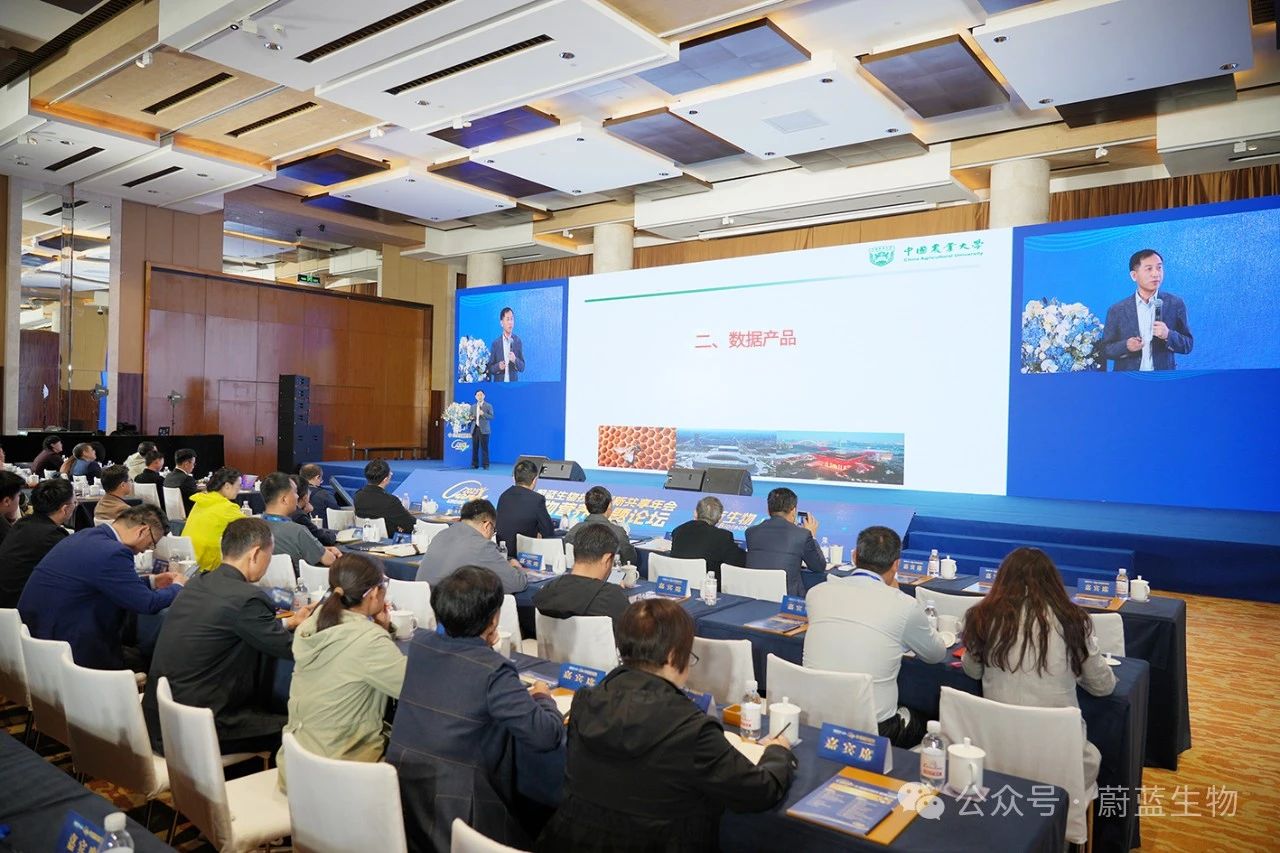
Vland’s CEO Mr. Chen Gang delivered an opening speech. He introduced Vland's technological R&D system and intelligent production base, and shared key technical breakthroughs such as straw-sugar conversion, mycotoxin degradation enzymes, and high-value utilization of potato residues. He said in the speech that integrated innovation capabilities were the cornerstone of Vland's development strategy to deliver comprehensive solutions for customers. In the forum report session, experts and professors from the fields of animal nutrition, feed technology, food processing, and synthetic biology gave speeches and shared cutting-edge achievements.
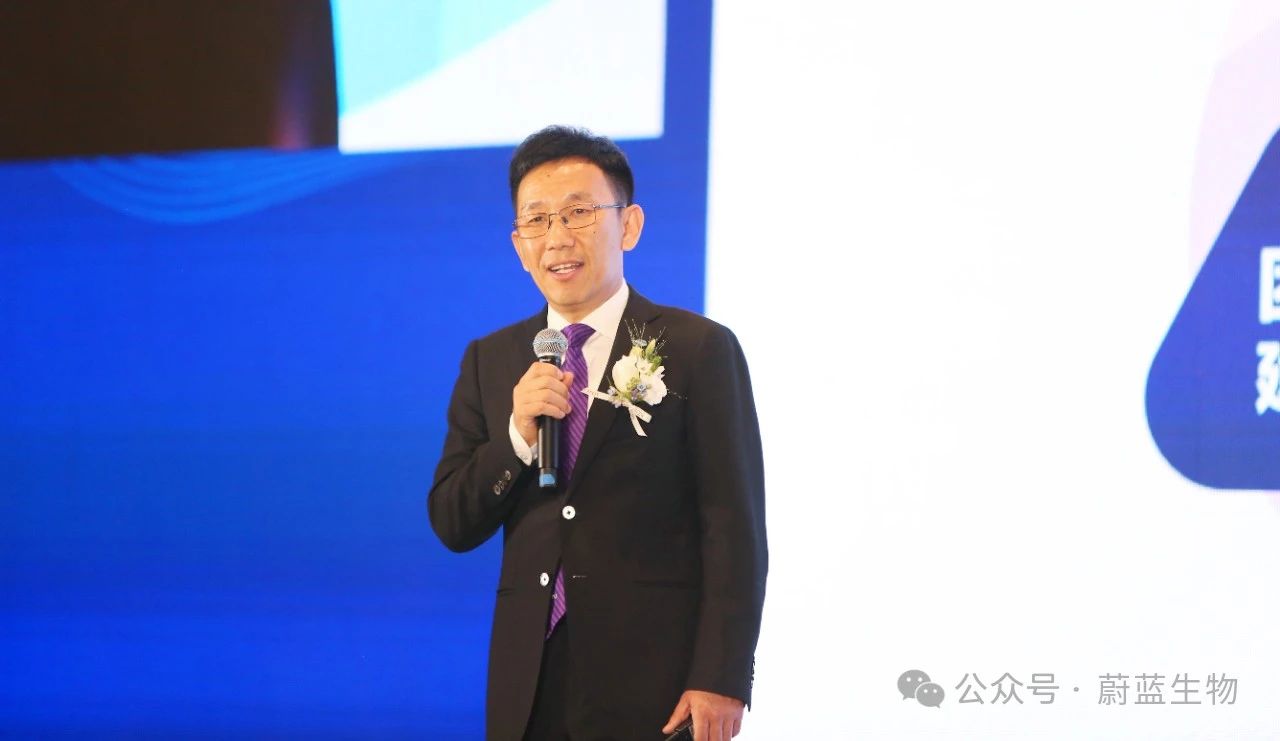
Professor Guo Yuming of China Agricultural University gave a keynote speech entitled "Precision Nutrition Helps Poultry Industry Reduce Costs and Increase Efficiency". He shared the establishment of precise nutrition value system with the net energy system as the core, providing new momentum for the transformation and upgrading of China’s poultry industry and enabling enterprises to reduce costs and increase efficiency.
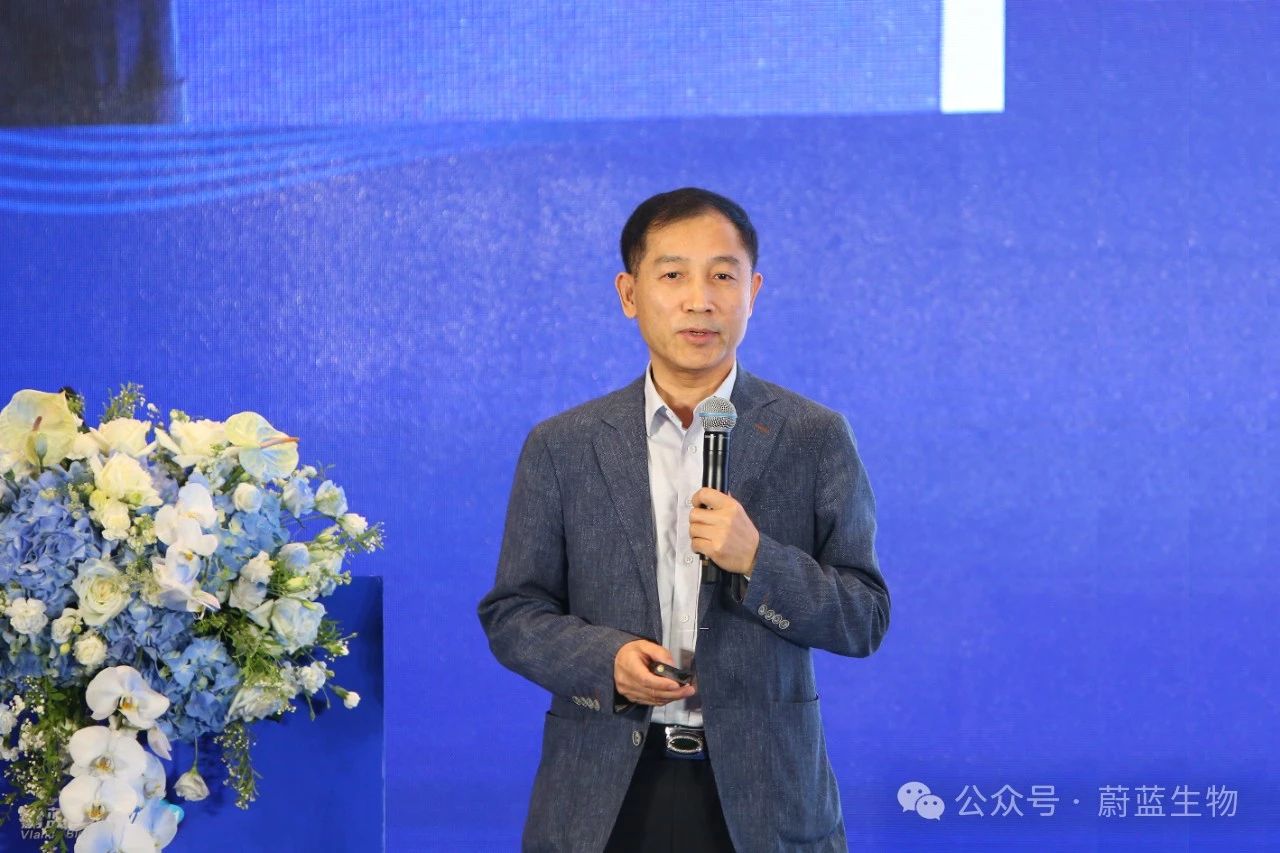
Researcher Zhao Feng of the Institute of Animal Science of CAAS gave a keynote speech entitled "Evaluation and Application of Nutrient Bioavailability of Pig and Poultry Feed", sharing with cases the construction of the technical system for industrialized evaluation of feed nutritional value, such as fully automatic simulated digestion technology, respiratory calorimetry technology for energy metabolism in the body, and intelligent growth perception technology.
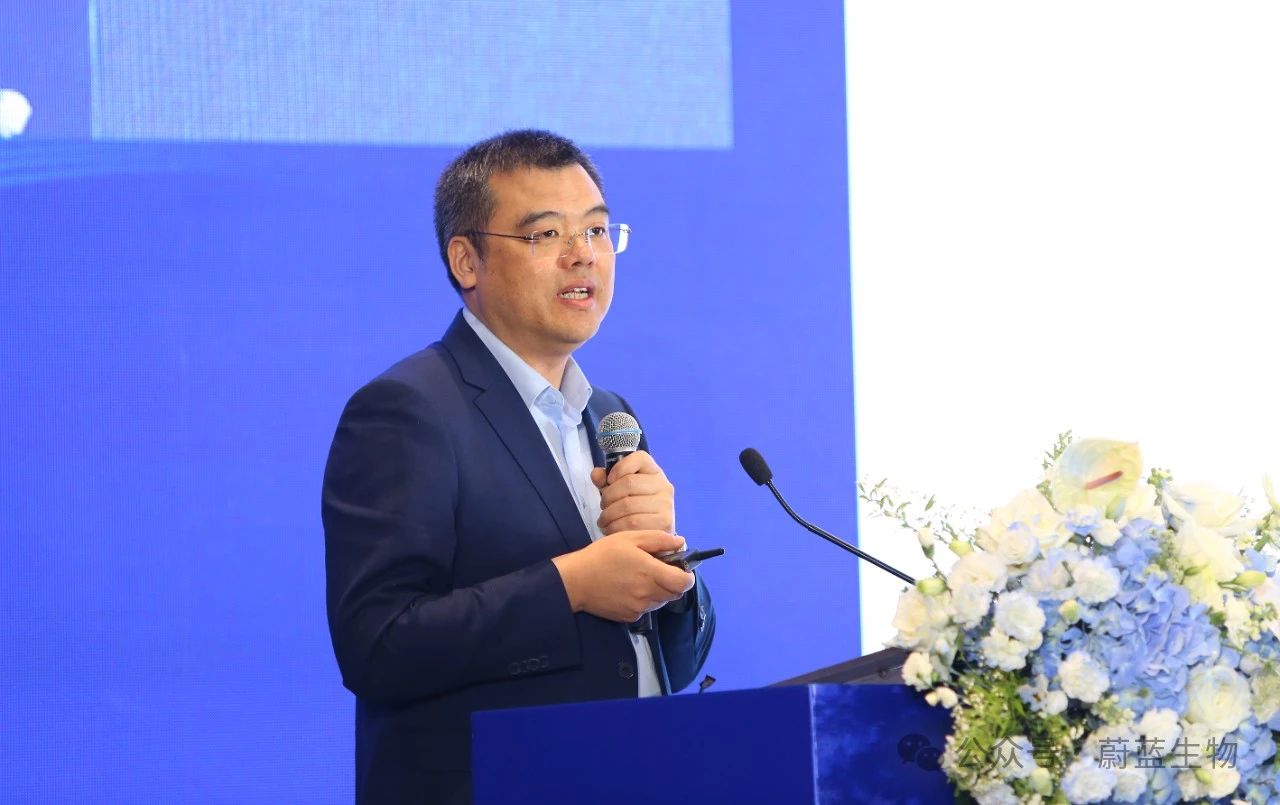
Researcher Yang Jie of the Institute of Feed Research Institute of CAAS gave a keynote speech entitled "The Effect of Viscosity Characteristics of Feed Raw Materials on the Durability of Livestock and Poultry Pellet Feed". She pointed out in the speech that the viscosity of feed raw materials affected the durability of feed, and suitable processing conditions were needed in the context of diversified diets to ensure the quality and production efficiency of pellet feed.,
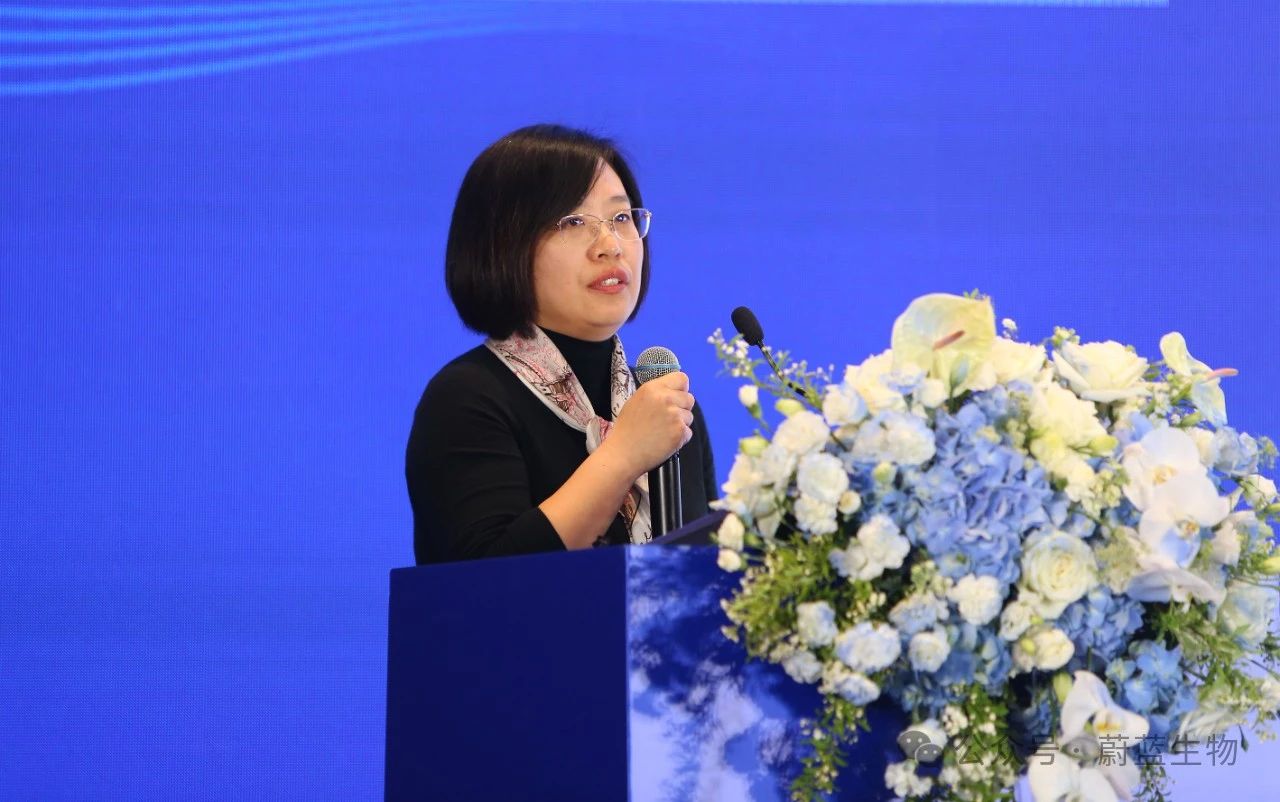
Associate Professor Wang Wei of China Agricultural University gave a keynote report on "ESG and Animal Husbandry Production". He shared with cases and emphasized that carbon footprint accounting (E), joint action on rural revitalization (S), and supply chain transparency improvement (G) were believed important paths for ESG practice in animal husbandry. He added that together with digital technology and green financing, it will surely promote the transformation of the industrial chain toward a circular economy and sustainable development.
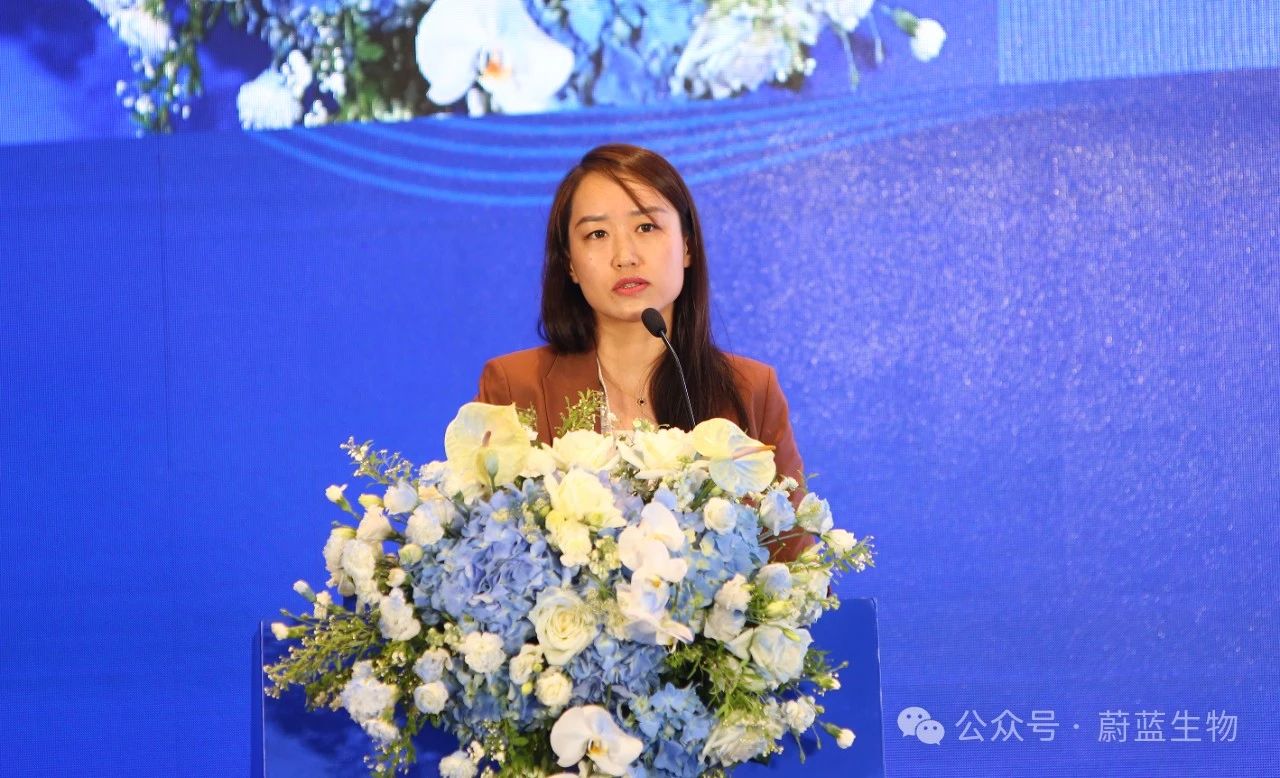
Professor Ye Yuantu of Soochow University gave a keynote report on "The Use of Enzymatically Hydrolyzed Paste Raw Materials in Aquatic Feed". He noted that new technologies should be used to reshape the functional quality of feed raw materials, and enzymatically hydrolyzed slurry raw materials (fish dissolved pulp, shrimp paste) were of good attractive effects and high peptide content, improving intestinal health and meat flavor, and can help guarantee high density farming and fast growth of aquatic animals.
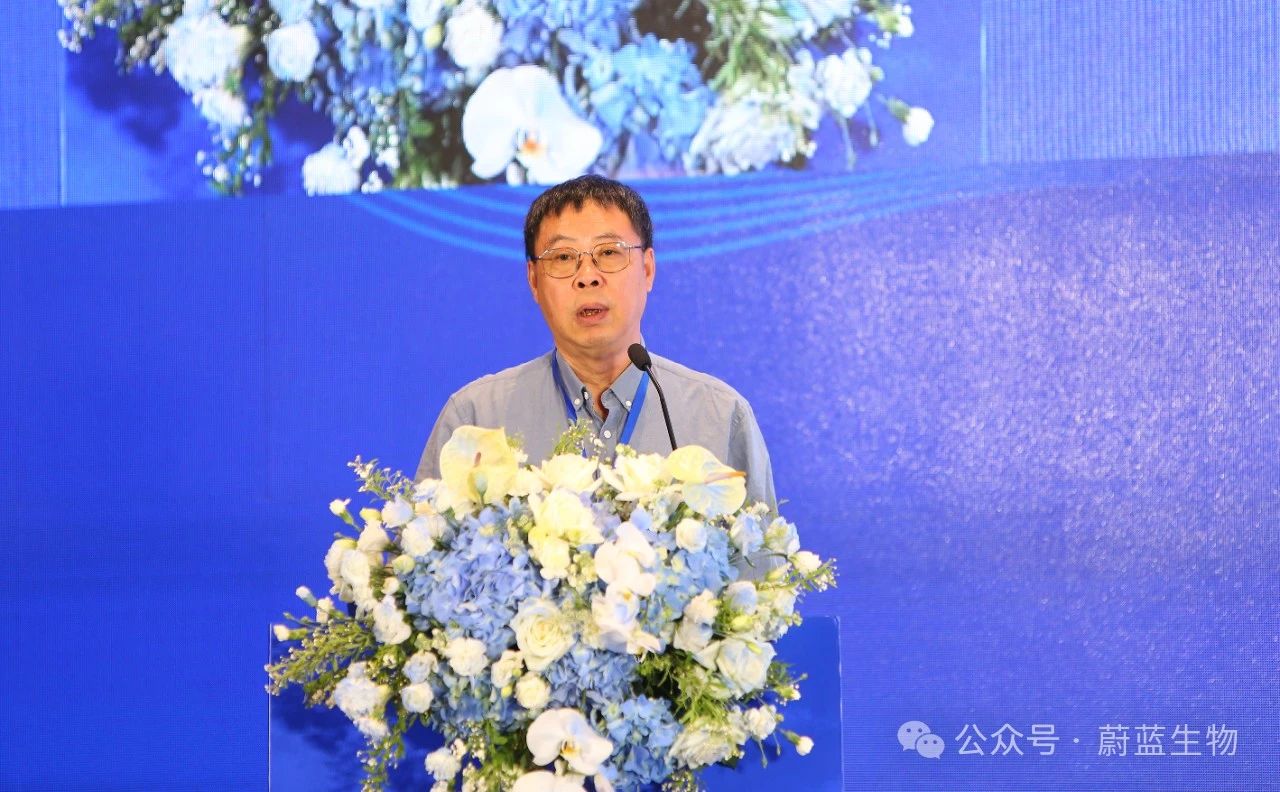
Professor Yin Jingdong from China Agricultural University gave a keynote speech entitled "Biological Basis and Nutritional Practice for Improving Pork Quality", analyzing how to improve pork quality from the perspectives of biology and nutrition, and proposed ways to improve antioxidant capacity, meat color, flavor and nutritional value from the formulation technology of dietary amino acids to the development of functional feed additives (such as malic acid, resveratrol, natural plant polyphenols, etc.).
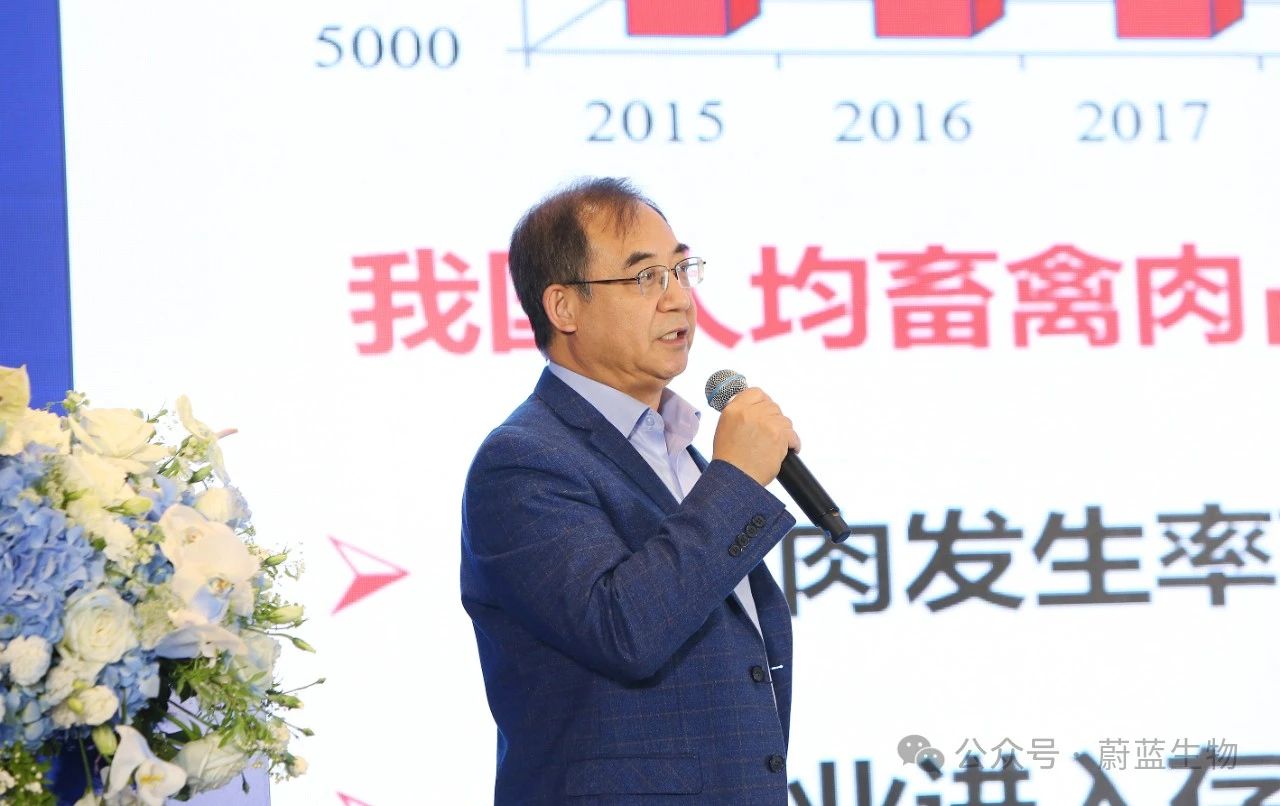
Professor Gao Feng from Nanjing Agricultural University gave a keynote speech entitled "Chicken Quality and Nutritional Regulation", and elaborated on the mechanisms and nutritional regulation of chicken PSE meat, broiler wooden breast, and meat flavor quality, pointing out that it was feasible to improve meat quality and reduce the occurrence of heterogeneous meat through nutritional regulation methods such as anti-stress, oxidation control, muscle energy metabolism regulation and feed nutrient supply level.
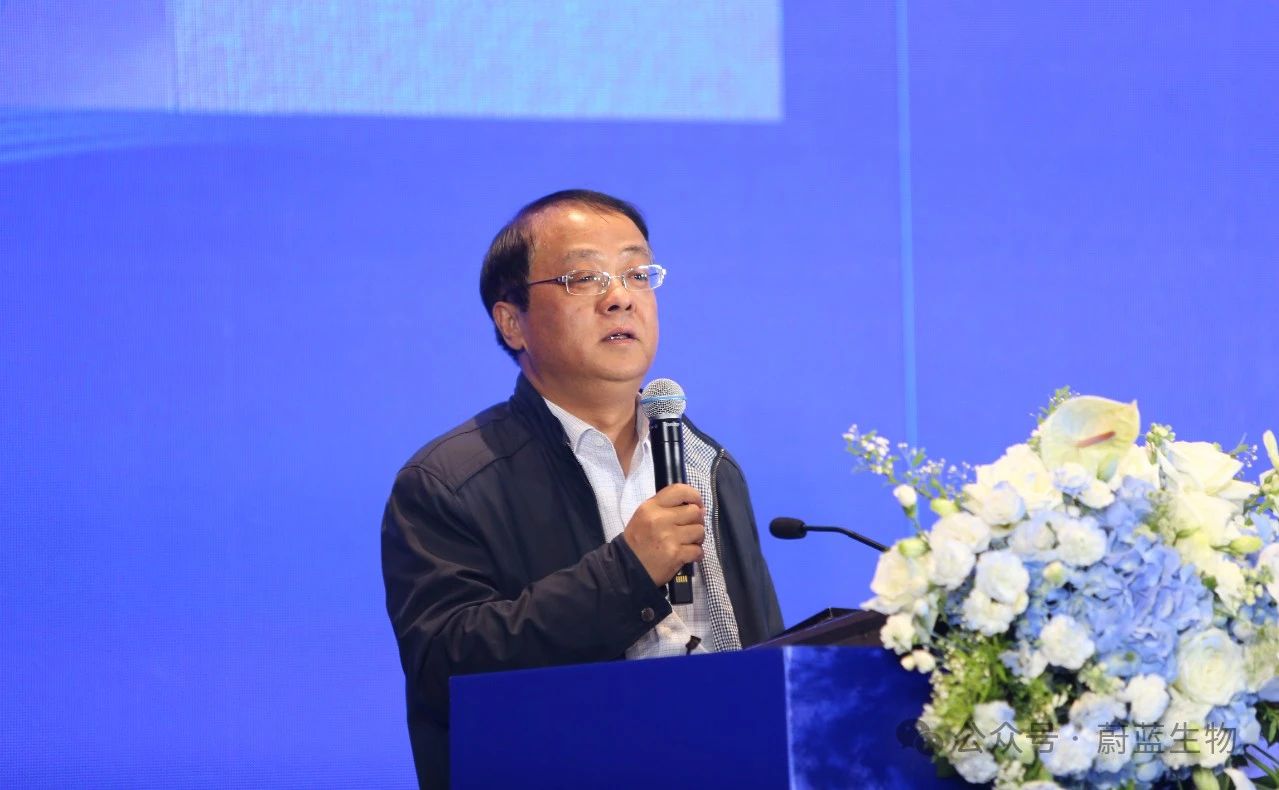
Professor Liu Dengyong from the School of Food Science and Engineering of Bohai University gave a keynote speech entitled "Improving the Quality of Meat Raw Materials to Ensure Food Consumption Demand", stating that the synergy of the entire industry chain from breeding to slaughtering to processing is the key to improving meat quality. He said that the post-slaughter physiological stage determined meat quality, therefore the slaughtering process needed to be optimized to reduce stress, and weight loss needed to be controlled in the processing of fresh meat, thus reducing the occurrence of heterogeneous meat.
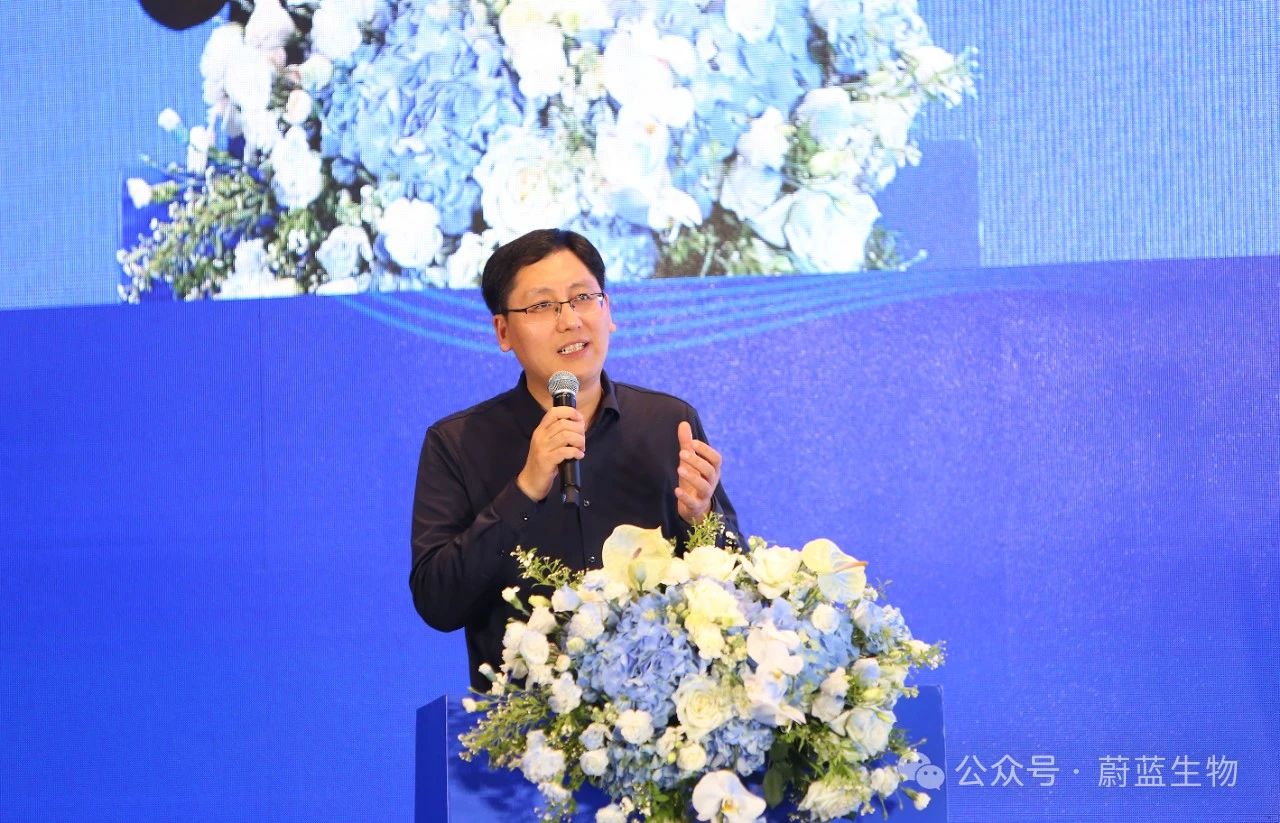
Professor Qi Qingsheng of Shandong University gave a keynote speech on "Strain Creation Technology of Organic Acids and Amino Acids". He pointed out that the creation of threonine-producing bacteria and Corynebacterium glutamicum can be achieved through the construction technology of polyploid prokaryotic bacteria, and the synthesis of 5-aminolevulinic acid (5-ALA) can be achieved by optimizing metabolic flow with dynamic regulation technology of metabolic pathways.
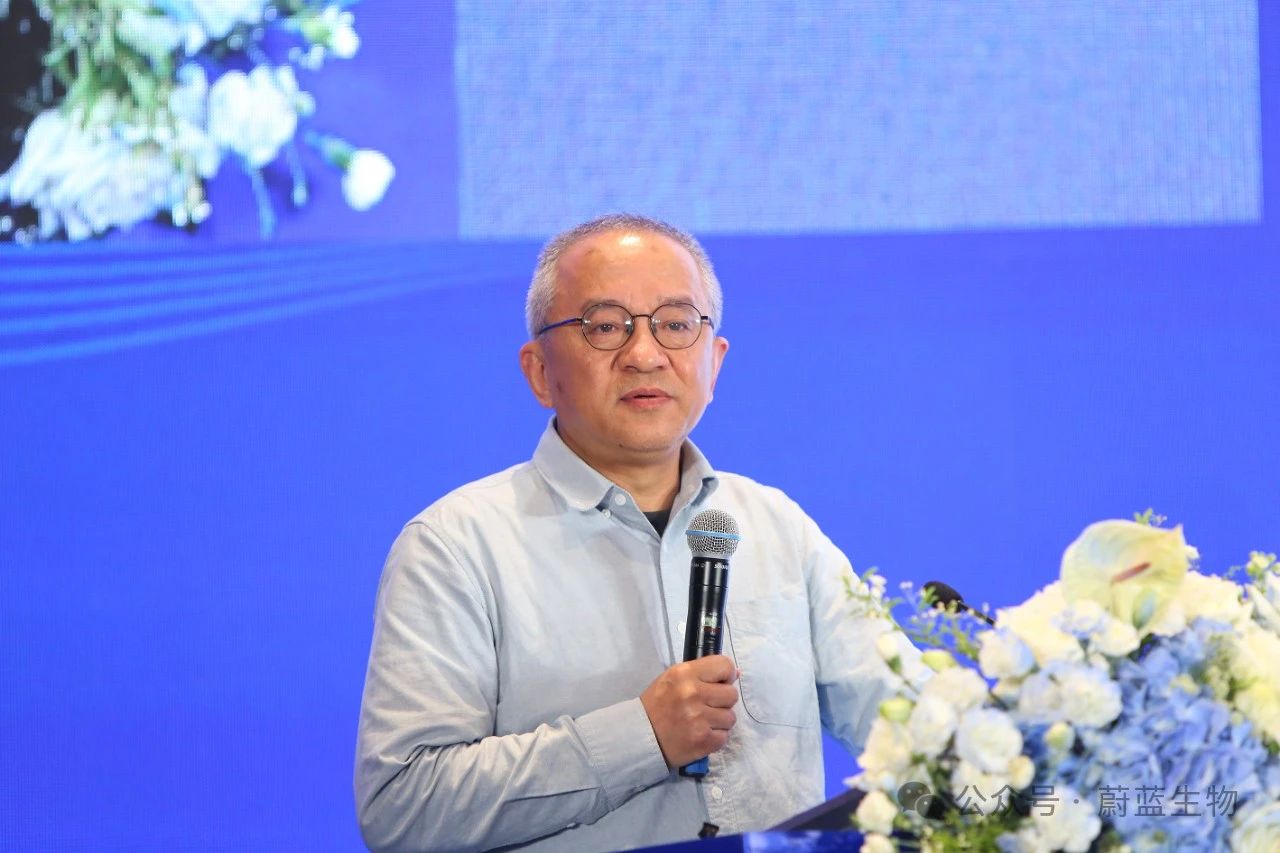
Researcher Tian Chaoguang of Tianjin Institute of Industrial Biotechnology, Chinese Academy of Sciences, gave a keynote speech on "Construction of Efficient Cell Factory of Industrial Filamentous Fungi". He mentioned that one-step high-temperature fungal chassis fermentation using biomass as raw materials to produce malic acid can greatly reduce pretreatment costs and promote feed protein substitution.
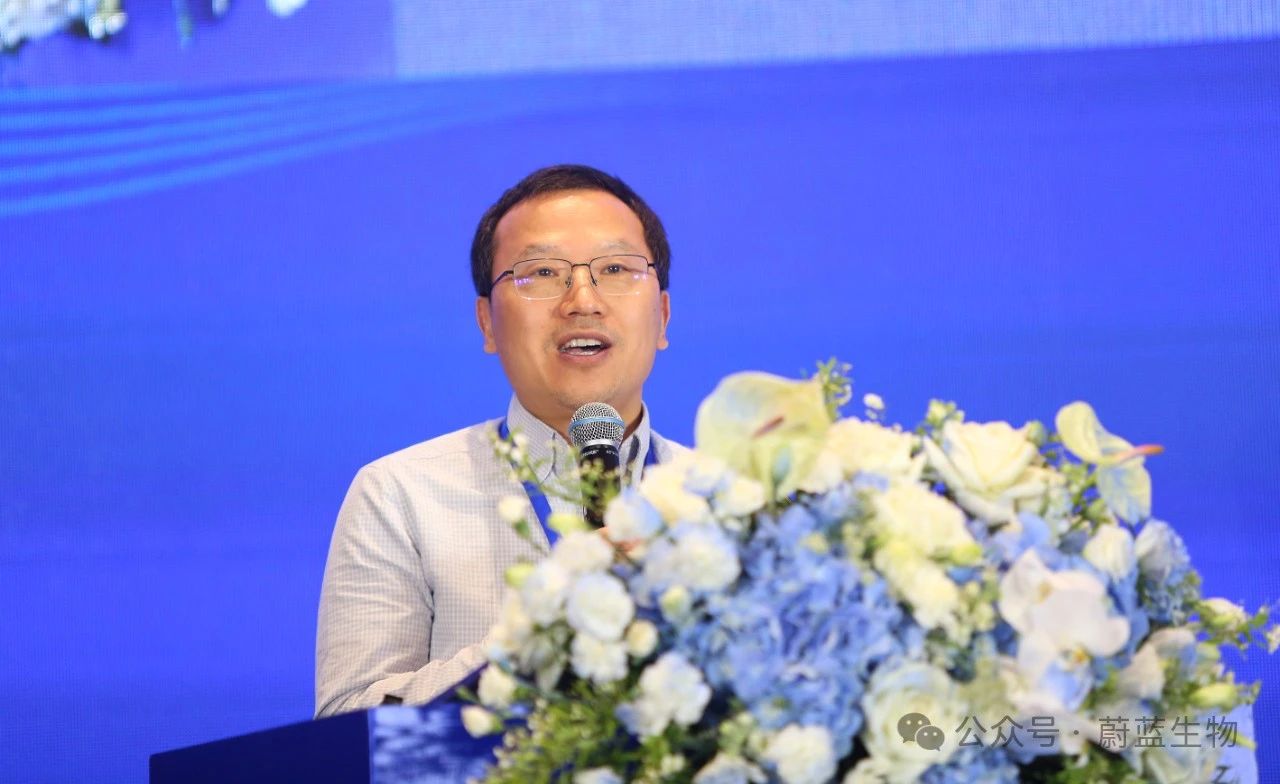
Professor Bao Jie from East China University of Science and Technology gave a keynote speech on "Dry Biorefining of Lignocellulose to Produce Microbial Oils and Single-cell Proteins". He said in the speech that dry biorefining broke through the bottleneck of conventional biorefining technology, and new technologies, such as yeast cell engineering to produce microbial oils and straw sugar fermented to produce single-cell proteins (SCP), were applied to halve the cost of key links and provide more possibilities for industrialization.
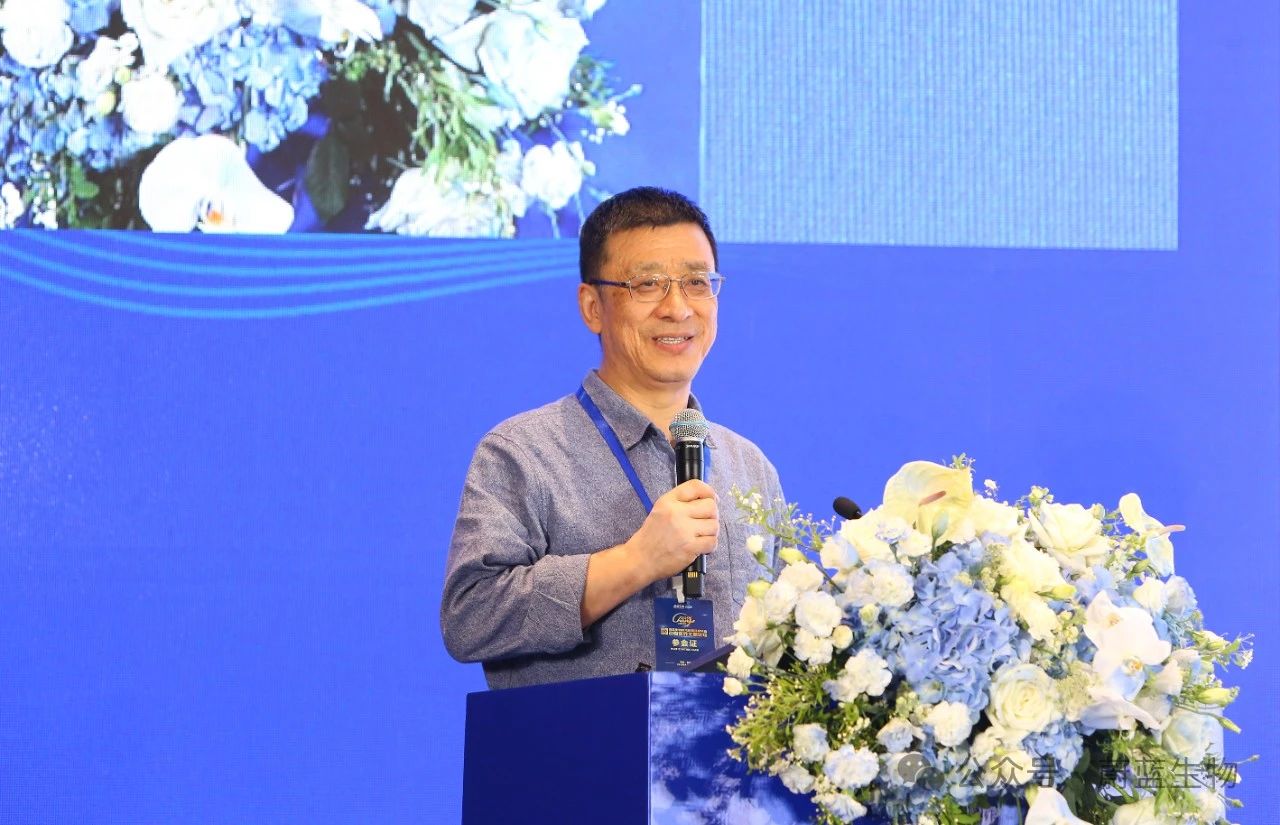
At the end of the conference, Dr. Wang Huaming, chief scientist of Vland’s Synthetic Biology and Biocatalysis Technology Center, gave a keynote speech on "Vland’s Synthetic Biotechnology and Product R&D Practice". He introduced the progress of synthetic biotechnology with a focus on chassis cell gene editing and AI-assisted metabolic design, which can further promote the commercialization of enzyme preparations and microbial proteins, and advance the comprehensive upgrading of animal husbandry toward high efficiency, low carbon and high quality.
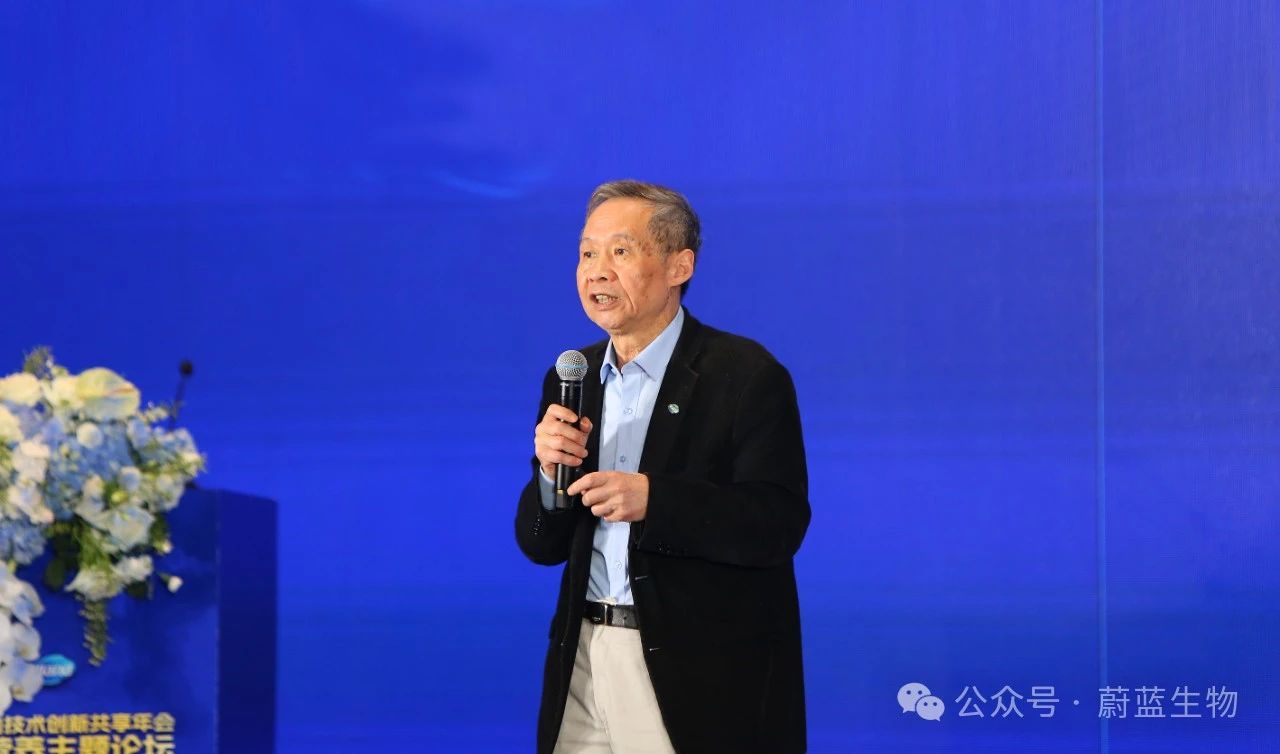


 Add.:
Add.:  Tel.: +86 532 88969585
Tel.: +86 532 88969585 Email: kdn@vlandgroup.com
Email: kdn@vlandgroup.com